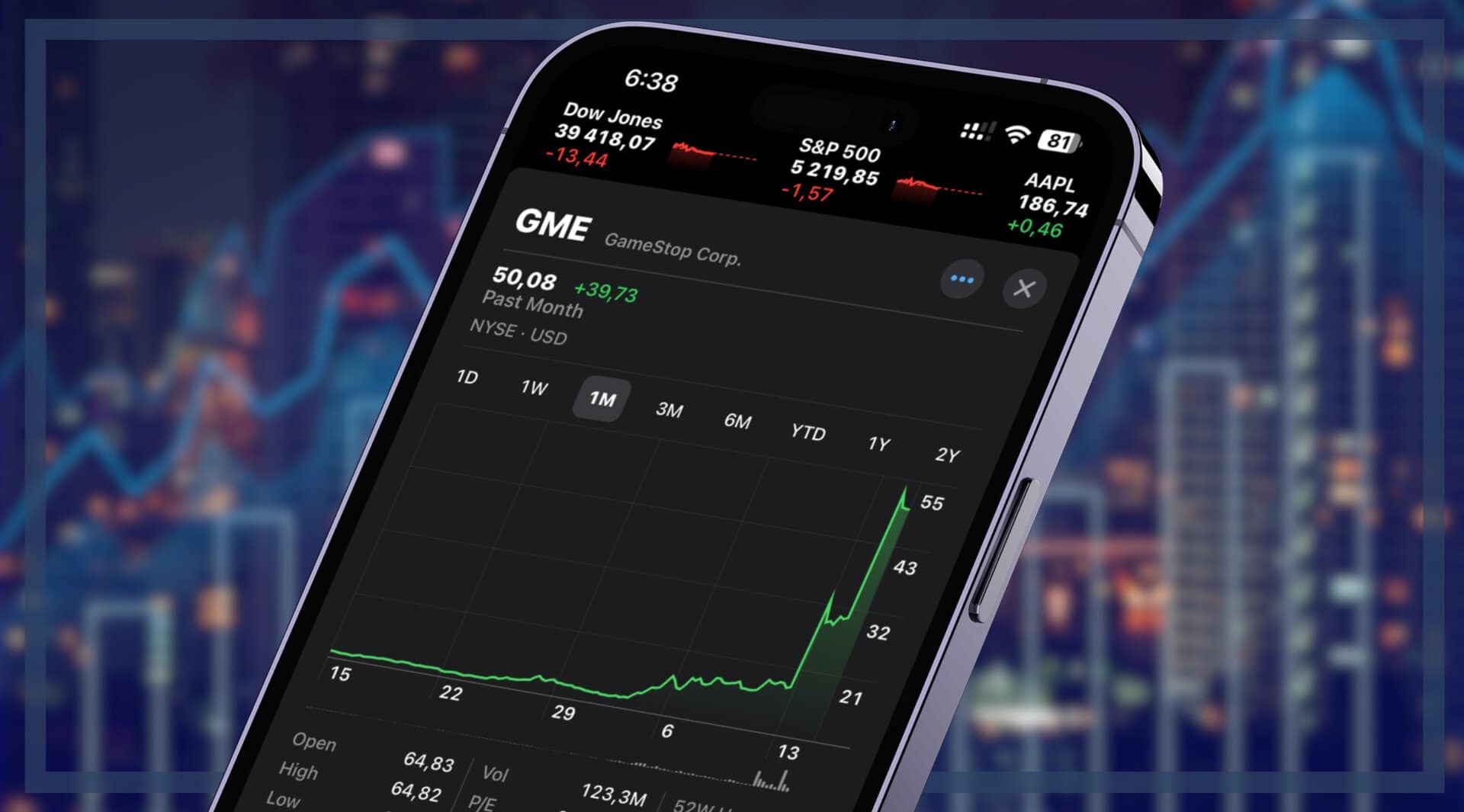Japan’s benchmark Nikkei 225 stock index has surged to all-time highs in 2024. The index is currently comfortably above $38,000 and is trading at historically high levels. The Topix index, which includes hundreds of smaller companies and is more strongly influenced by the performance of banks and other financial institutions, has similarly made unprecedented gains.
There are several reasons which help explain why the Nikkei has performed so strongly. For one, a weaker yen has made Japanese companies cheaper for foreign investors and thus encouraged higher foreign investment flows. Tokyo has also benefited from banks and hedge funds divesting from China in light of economic volatility and geopolitical uncertainty – and choosing to place their capital in Japan instead.
In the space of 72 hours, BlackRock’s Jon Gray, Blackstone’s Stephen Schwarzman, Citadel’s Ken Griffin, and Guggenheim Partners’ Mark Walter all landed in Tokyo. Economic malaise in #China is causing financiers to consider shifting assets to #Japan.https://t.co/77HZyWcvXq
— #DisruptionBanking (@DisruptionBank) August 18, 2023
There could be more all-time highs to come. Reuters reported last week that Japan’s Nikkei share average could rise by 4.6% by the end of 2024, “supported by a firm corporate outlook and a solid global economy.”
Sean Peche, portfolio manager at Ranmore, shares this optimistic analysis. He told Disruption Banking that “there are a lot of good things to say about the Japanese stock market right now.”
“Some canny investors are in there – Warren Buffett’s Berkshire Hathaway has been buying into Japanese trading companies – while the CEO of the Tokyo Stock Exchange has made positive moves to encourage Japanese corporate to unlock value,” he said. “And the market is on fire, up 33% over the past year, albeit just 15% better in dollar terms after the yen’s steady decline.”
The question for investors now is whether the Nikkei’s surge has more legs. Many of the world’s largest asset managers see Japanese markets getting even stronger. Indeed, JPMorgan Securities Japan have predicted that the Nikkei could hit $42,000 by the end of the year.
Amundi have also forecast that the Japanese yen will start strengthening against the dollar, encouraging clients to keep their equity holdings unhedged so as to benefit from potential beneficial movements in foreign exchange markets.
Europe’s largest money manager, Amundi, sees Japan going from strength to strength as the Bank of Japan is expected to scrap negative rates https://t.co/wvQlx3DDsY
— Bloomberg Economics (@economics) February 26, 2024
Peche believes that, despite the Nikkei’s recent gains, there is still value to be had in Japanese stocks.
“Let’s look at some valuation metrics to see how the market stacks up against US stocks – and indeed whether it still offers good value against other parts of the world,” he said.
We’ll start with the conventional price/earnings (PE) ratio. My Bloomberg screen tells me that on this basis, the S&P 500 trades at 24x earnings which is 41% more expensive than Japan’s Topix 500, where the ratio comes in at 17.”
It therefore seems that there is still value in Japanese equities, which remain cheap compared to those available in the States. With many analysts forecasting the Nikkei to strengthen further and the yen to make gains against the dollar, many believe that now is a good opportunity to gain exposure to Japanese markets.
Author: Harry Clynch
#Japan #Asia #EquityMarkets #Yen #Nikkei #Topix















